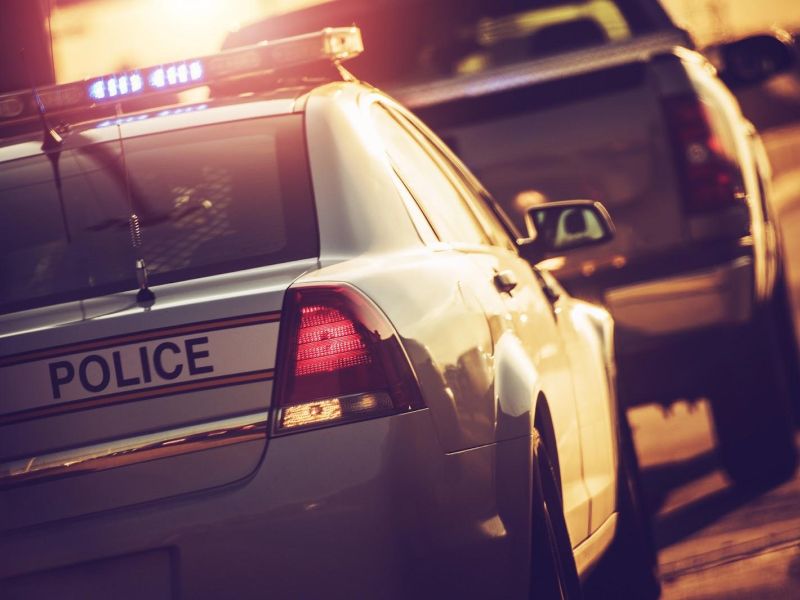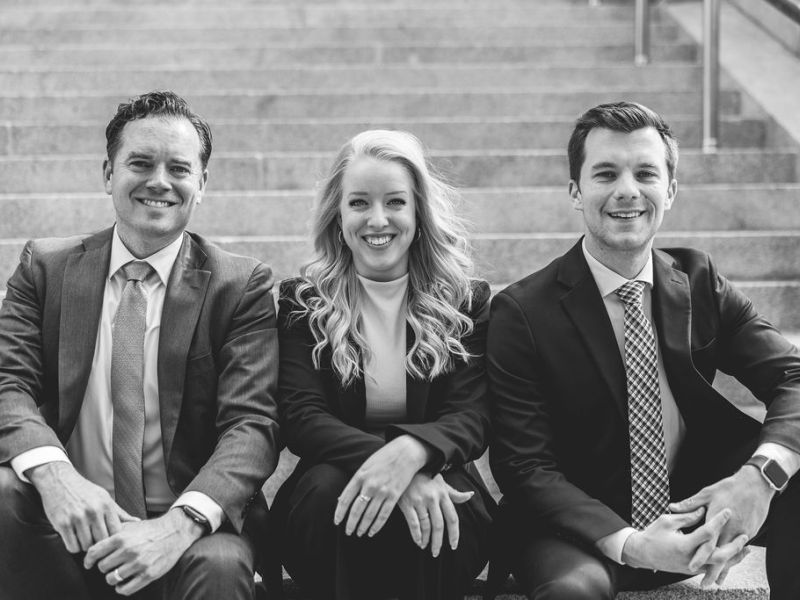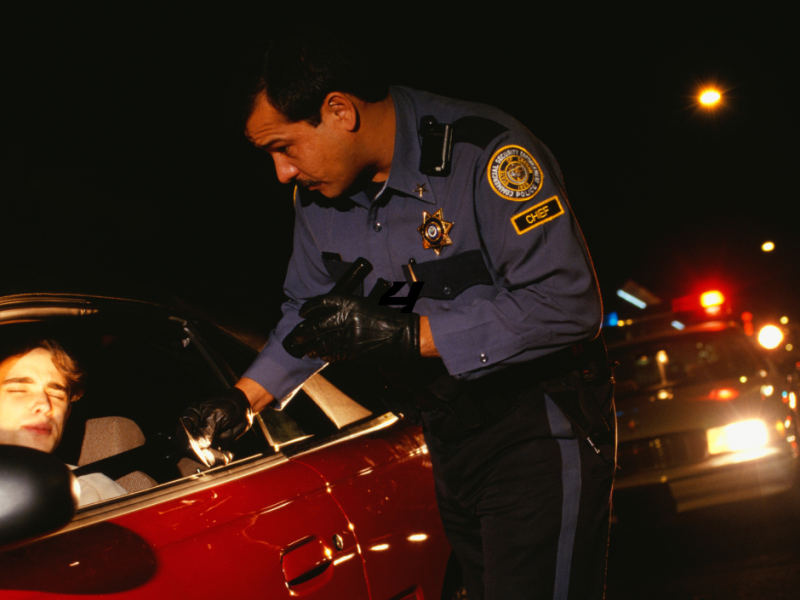
— DUI
What Happens On A 1st, 2nd, And 3rd DUI Offense In Virginia
Driving under the influence (DUI) in Virginia becomes more serious with the presence of various aggravating factors. Although there are many of these factors to consider, the number of prior convictions is perhaps the easiest to understand. The more DUI convictions a defendant has on their record, the more severe subsequent penalties become. In the absence of injuries and other aggravating factors, a first DUI offense leads to relatively light penalties in Virginia. However, this leniency disappears with second and third offenses. Defendants can discuss the specifics of their circumstances with an experienced DUI defense lawyer in Virginia. Consider calling Driving Defense Law at (757)929-0335 to continue the conversation.
What Happens After a 1st DUI Offense in Virginia?
According to the Virginia Law Library, a first-offense DUI is a Class 1 misdemeanor. Like most states, the legal blood alcohol concentration (BAC) limit in Virginia is 0.08 percent. Defendants may also be charged with a DUI offense if they drive while “under the influence of alcohol.” This implies that even without a BAC test result over 0.08 percent, a defendant can still face charges if an arresting officer determines that their driving ability is impaired by alcohol. These charges also apply when driving ability is impaired by drugs – or a combination of drugs and alcohol. Virginia outlines specific maximum blood concentrations for certain drugs while driving, such as 0.02 milligrams of cocaine per liter of blood. These laws apply not only to passenger cars, but also to many other vehicles – including mopeds.
According to the Office of the Attorney General in Virginia, a Class 1 misdemeanor leads to up to 12 months in jail and a fine of up to $2,500. Virginia also states that the mandatory minimum fine for a first-offense DUI is $250. Barring any other aggravating factors (including injuries and property damage), many defendants may avoid incarceration for first-offense DUIs. While jail time is certainly possible, defendants can work with Driving Defense Law to discuss legal strategies for mitigating consequences.
What Happens After a 2nd DUI Offense in Virginia?
A second DUI offense may lead to more serious consequences. If a defendant commits a subsequent DUI offense within 5 years of a first DUI conviction, they face a mandatory minimum fine of $500. A defendant also faces a mandatory minimum jail sentence of one month for a second-offense DUI. However, the maximum jail sentence of one year remains the same compared to a first-offense DUI. That being said, it may be possible to receive a lower jail sentence of 20 days after conviction.
A defendant who commits a second DUI offense within ten years of a first offense faces a slightly more lenient mandatory minimum sentence of 10 days. The mandatory minimum fine of $500 remains the same. This “lookback period” of 10 years is quite extensive, and it makes second-offense DUIs highly likely for various drivers in Virginia. A felony charge for a second DUI offense in Virginia is possible if the first offense involved aggravating factors. These factors might involve deaths, serious injuries, hit-and-runs, and child endangerment.
What Happens After a 3rd DUI Offense in Virginia?
If a defendant commits three DUI offenses within a 10-year period, they face a Class 6 felony. According to the Office of the Attorney General in Virginia, a “normal” Class 6 felony may lead to between one and five years in prison. The mandatory minimum sentence for this felony offense is 12 months with a maximum fine of $2,500. However, DUI laws in Virginia state that the mandatory minimum sentence for a third DUI offense is actually 90 days. This mandatory minimum sentence increases to six months if the three DUI offenses occurred within a five-year period. Virginia also outlines a mandatory minimum fine of $1,000 for a third-offense DUI.
What Happens After a 4th DUI Offense in Virginia?
The penalties for DUI offenses continue to increase even after the third conviction. A fourth conviction within 10 years leads to a mandatory minimum sentence of one year in prison. This felony offense also leads to a mandatory minimum fine of $1,000. This is the maximum penalty a defendant can receive for a DUI in Virginia. Barring any other aggravating factors, penalties cannot exceed sentences for Class 6 felonies in Virginia. This applies to fifth, sixth, and subsequent DUI offenses.
When Does a 1st DUI Offense Lead to Jail Time in Virginia?
Although Virginia does not outline a mandatory minimum jail sentence for a normal first-offense DUI, this only applies to defendants with BAC levels under 0.15 percent. If a defendant registers a BAC level of at least 0.15, they face a mandatory minimum jail sentence of five days. If their BAC level exceeds 0.20, they may face an additional mandatory minimum sentence of 10 days – for a total of 15 days behind bars. Of course, it is also possible to face much more serious penalties for first-offense DUIs with other aggravating factors – most notably deaths and injuries.
What Happens After a 2nd DUI Offense with a BAC over 0.15?
A second-offense DUI with a BAC over 0.15 will trigger a mandatory minimum 10-day jail sentence. If the defendant registers a BAC of over 0.20, they face an additional mandatory jail sentence of 20 days – for a total of one month behind bars. There is also a mandatory minimum $500 fine.
Contact Driving Defense Law Today
Although prior convictions can affect DUI penalties in Virginia, there are many other factors to consider. These might include injuries, deaths, property damage, BAC levels, alleged hit-and-runs, and more. Due to these varying factors, it might be difficult to determine potential penalties based solely on the number of prior DUI offenses. Although online research can provide numerous insights, defendants may receive more personalized guidance during consultations with experienced DUI defense lawyers in Virginia. A consultation may also provide an opportunity to discuss potential defense strategies. To begin this discussion, consider calling (757)929-0335 to schedule a consultation with Driving Defense Law.

